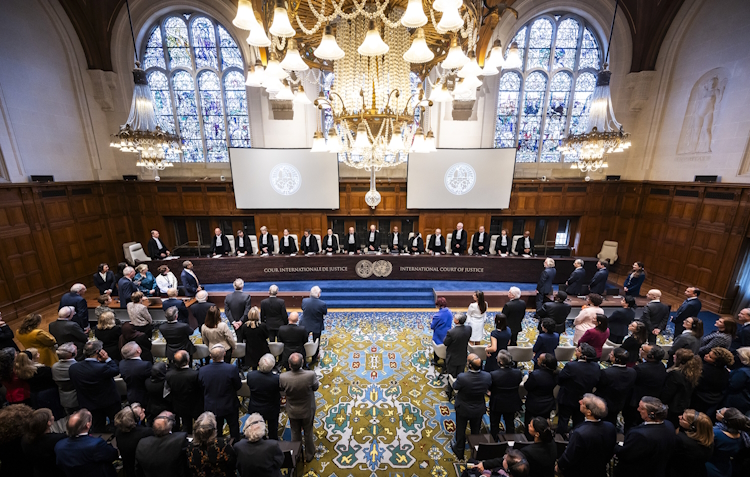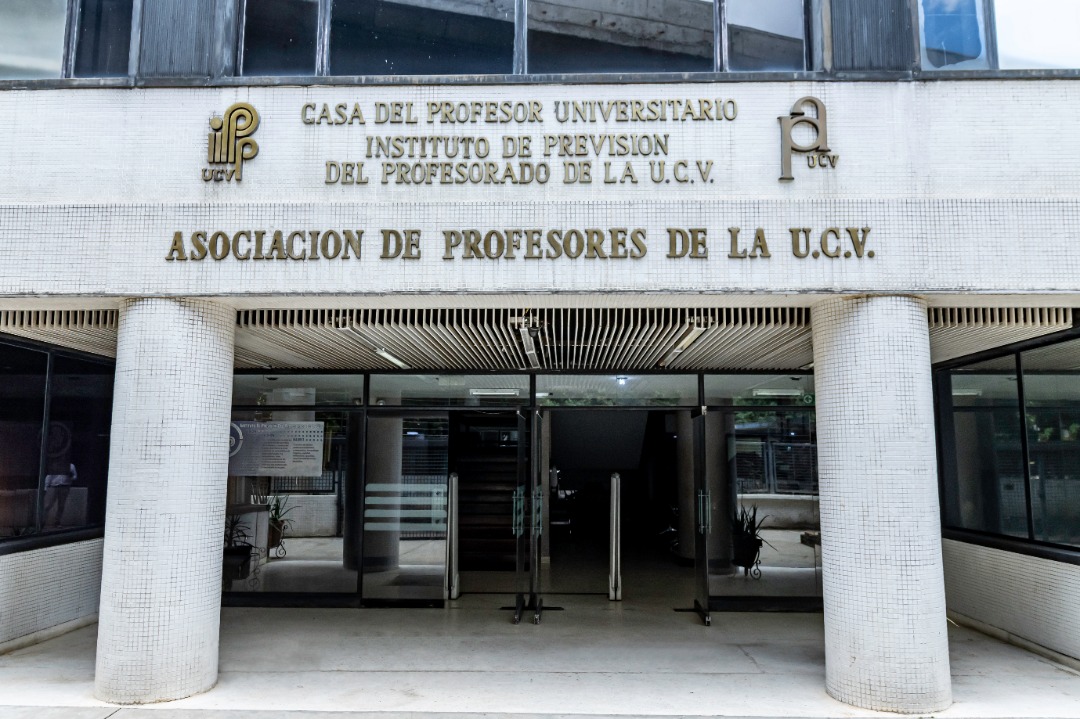Guacamaya, August 21, 2025. The UN agency warns that four million Venezuelans need urgent food aid, but a shortage of resources limits its reach.
The World Food Programme (WFP) announced that it will reduce its projects in Venezuela by half during 2025 due to a lack of international funding. The measure will directly affect vulnerable communities, especially rural schools where the agency had concentrated a large part of its efforts in recent years.
In a statement, the organization explained that “funding is not sufficient” to maintain all its operations, even though the United Nations estimates that nearly four million people require urgent food aid in the country.
One of the emblematic cases is in Arismendi, a remote town in Barinas state that is only accessible by river. For three years, WFP staff traveled every two months to deliver assistance to local schools. However, the cuts have interrupted this support in 2025.
The reduction will also impact school meal programs in the states of Trujillo, Yaracuy, Barinas, Anzoátegui, and Monagas. “It has been a very difficult decision that we have made after exploring and trying many, many options,” explained Lucía Ruz, a program associate, in a video published by the organization on Instagram.
The WFP had reached 400,000 beneficiaries in different regions of the country, although the goal set in its 2023-2025 Strategic Plan was to exceed one million people served by the end of 2025. To sustain its operations this year, the agency needed an additional 47 million dollars, resources it failed to raise.
According to experts, the Venezuelan food crisis has been aggravated by the decrease in purchasing power, government inefficiency the collapse of the food industry, and the impact of international sanctions. Researcher Ana María Georgi warns in the book on Sanctions in Venezuela published by the UCAB that restrictive measures have limited access to raw materials, equipment, and supplies, raising production costs and reducing the variety of available food.
For his part, activist Feliciano Reyna, in the Book on Sanctions published by the UCAB, points out that the funding deficit in the humanitarian response drastically reduces the reach of aid: out of the 7.6 million people who require assistance, the goal was to reach 5.1 million, but as of October 2024, only 2.4 million had been served.
The UN agency reiterated its commitment to remain in Venezuela and prioritize the most vulnerable populations, although it warned that without adequate funding its work will be limited in the face of the magnitude of the food crisis.
The United States had been the largest individual donor to the humanitarian response in Venezuela through the United States Agency for International Development (USAID). However, the closure of this office in 2025 left a critical funding gap that has directly hit programs like those of the WFP.
USAID’s departure not only reduced the flow of financial resources but also weakened the coordination of international assistance in key sectors such as food, health, and social protection. In the case of the WFP, the lack of these funds prevents maintaining coverage in remote communities and forces it to prioritize only a fraction of the population facing severe food insecurity.







